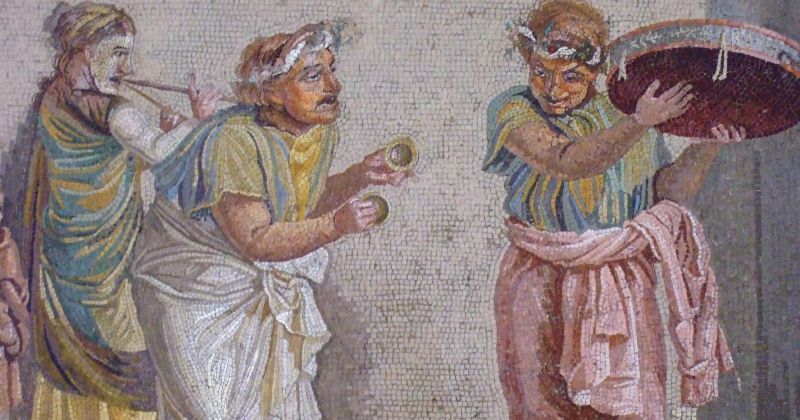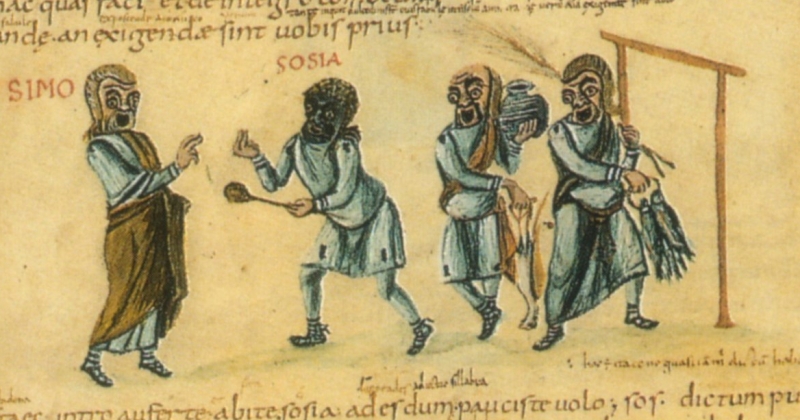The monthly blog series 'In Focus' is conceived as a way to show the scope and diversity of the RELICS research group. Each blog post one of us will reflect on a current or recently finished project, and how it connects to the aims and vision of RELICS. Through this, by drawing from our own personal experience, we want to show in which ways Latin cosmopolitanism came to the fore from antiquity until modern times. This month: Elodie Paillard on Roman literary drama.







